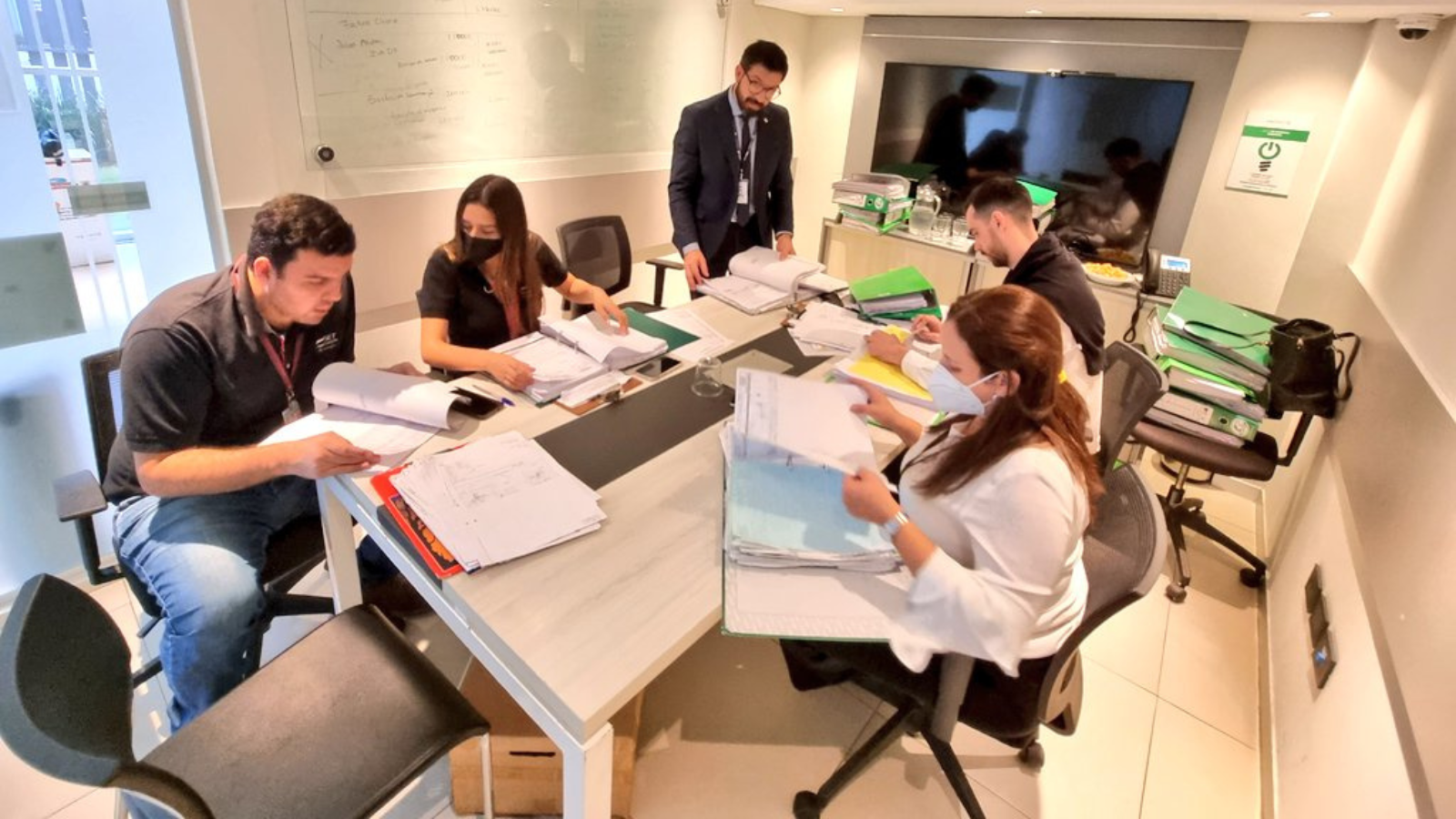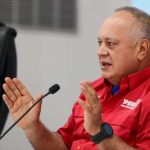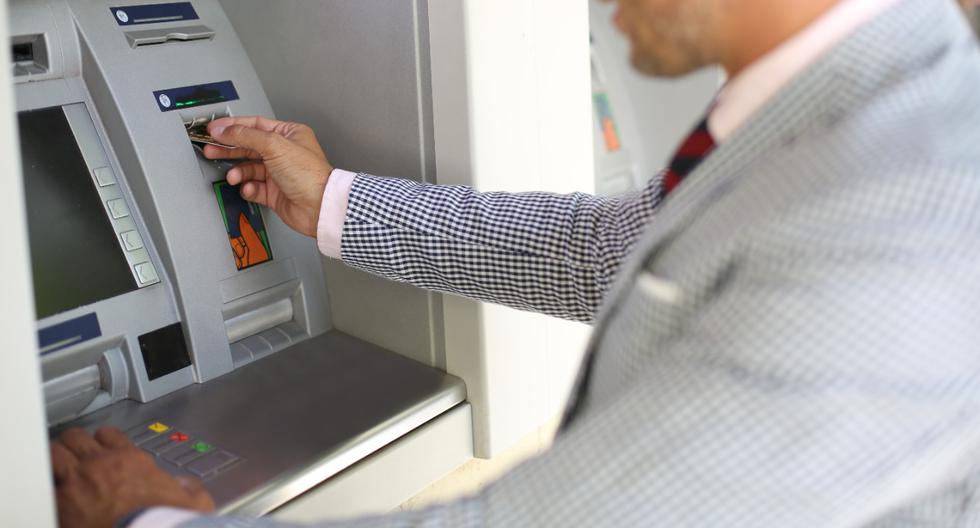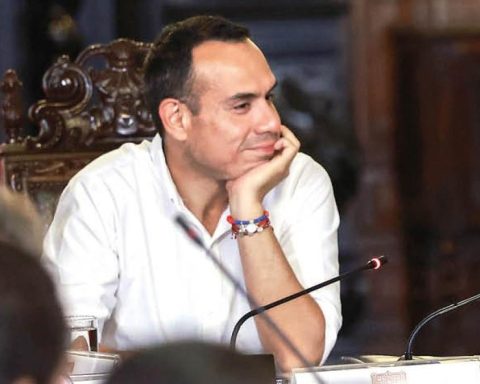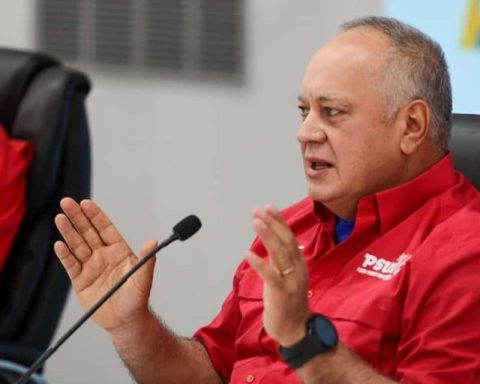Óscar Orué, minister of the Undersecretary of State for Taxation (SET) and prosecutor Francisco Cabrera, gave a press conference where he gave details about the mega-operation called “Invoicing 3.0”. The operation affected the firm Engineering SAECA
Specifically, the firm of Juan Andrés Campos Cervera, would have acquired false invoices for G. 800 million in order to evade taxes. In addition to this company, there is another State supplier, such as El Camino.
In total, the operation yielded as results; 22 fictitious suppliers, 477 purchasing firms of the false documents, around 3,700 false invoices worth more than G. 110,000 million. The operation began 8 months ago and around 10 raids were carried out.
FISCAL
Francisco Cabrera, prosecutor in the case, reported that the case began after a complaint by the SET to the Public Ministry. The raids focused on elucidating the scheme of the production process.
“The connections between the 22 providers and the companies will be analyzed. For the Public Ministry, the case has just begun. We are going to find those responsible and the invoices that were used”, he commented.
The operation will continue next week. There are two construction companies that are State suppliers and that came to use the invoices.
CONTEXT
The Public Ministry, following a request from the Undersecretary of State for Taxation (SET), carried out a total of 10 raids at various points in Asunción and in the Central Department on Monday morning.
The objective was to dismantle a criminal gang that was dedicated to the production of false invoices to achieve tax evasion.
THANKS TO A GRANDPA
The procedure began 8 months ago when a grandfather appeared before the SET, to denounce that he cannot collect his retirement because he is registered as a taxpayer.
From there, said undersecretary initiates an investigation where he carried out a traceability of data, which resulted in a number of people who appear as taxpayers without knowing it. This affects several companies, including some well-known ones such as Engineering by Juan Andrés Campos Cervera.
It should be noted that the false invoice is when a person pretending to be a taxpayer is registered and the owner does not know of its existence. There are a number of people registered like this.
PROCESS
A grandfather approached and reported that he was registered in taxation. He stated that he was never registered, so the SET initiated traceability and detected a large scheme of registered people who do not know it.
“He wanted to collect his pension for the elderly and could not do so because he was registered in taxation. He was not engaged in any commercial activity. This is how the process began”, explained Óscar Orué.
